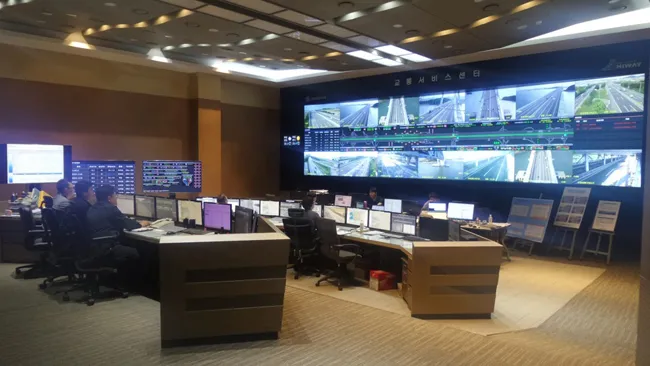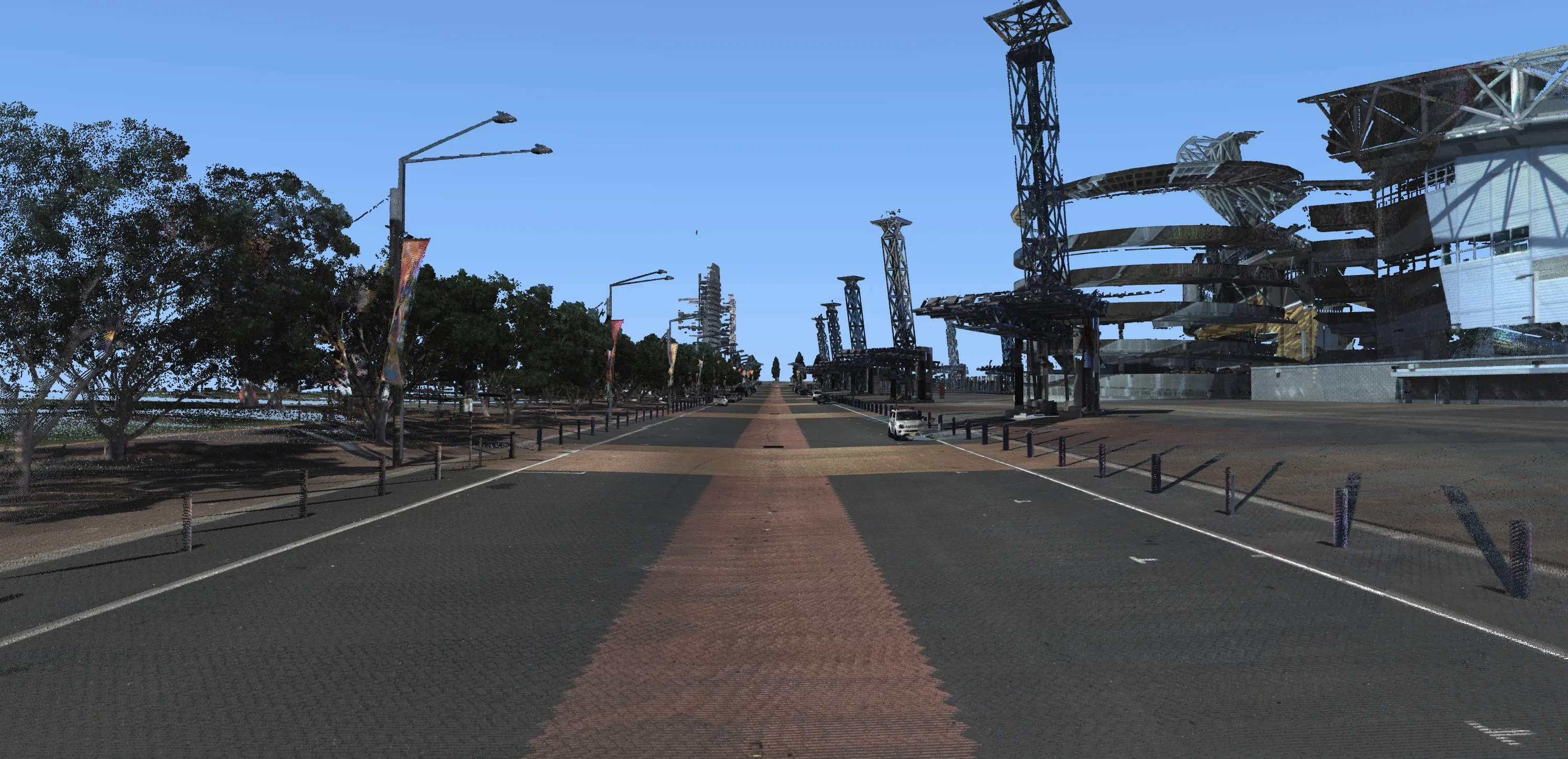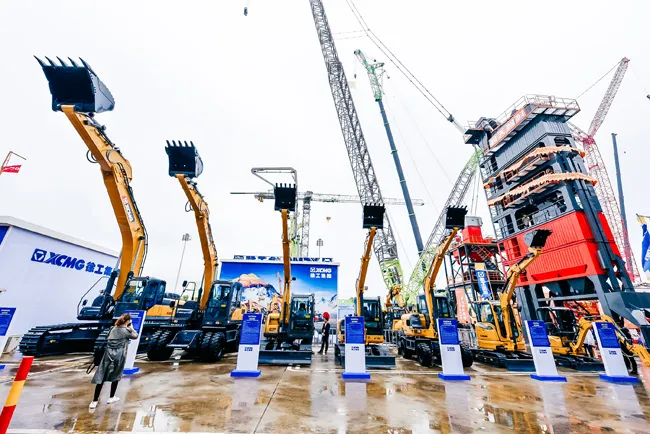IRF with its flexible structure, excellent reputation and good experience in project management was chosen as the new service provider. This multi-million pound project, created in 2004 and funded by the Department for International Development (DFID) in the UK, is an initiative to promote and disseminate sustainable transport knowledge.
February 24, 2012
Read time: 3 mins
IRF with its flexible structure, excellent reputation and good experience in project management was chosen as the new service provider
This multi-million pound project, created in 2004 and funded by the Department for International Development (DFID) in the UK, is an initiative to promote and disseminate sustainable transport knowledge.The core message of the gTKP is that dissemination, and therefore improvement, of good transport knowledge in developing and transition countries will help increase the efficiency and effectiveness of transport investments and policies and thus facilitate high quality, competitive infrastructure and transport services for national development and poverty reduction.
gTKP is aimed at Africa, Asia and the EECCA (Eastern Europe, Caucasus, Central Asia). South America is also on the map, but not a priority region. For many years, the project was managed by partners less specialised in roads and transport than
Last year, DFID invited several organisations (among others
The gTKP offers free access to sectoral experts and best practice knowledge and intelligence, around the following transport themes:
Best practices and research knowledge generated by the gTKP is disseminated through different communications channels. The most important ones are the website and the electronic newsletter: gTKP also finances regular seminars, conferences and publications.
The gTKP project is headed by a Steering Group of worldwide transport specialists, who have an important ongoing advisory function. The project will be led by an Accounts Executive, currently Sibylle Rupprecht, who will be the focal point of contact for the Steering Group and the sectoral experts.
Key experts provide specialist knowledge on the chosen transport and road infrastructure themes. IRF experts will cover the following themes in-house: environment, road finance and PPP (Public Private Partnership), and social development.
As the vision, activities and objectives of gTKP are complementary to IRF and its themes directly correlate with the aims and mission of the IRF, this project directly strengthens the IRF organisation and provides new benefits for members:
• More staff, more products and services, including new items
• Better coverage of the IRF region
• New markets and new intelligence
• Access to more practitioners and stakeholders.
• More publications and events
Last but not least, IRF enhances its reputation and offers a sound contribution to the achievement of the UN Millennium Development Goals.









